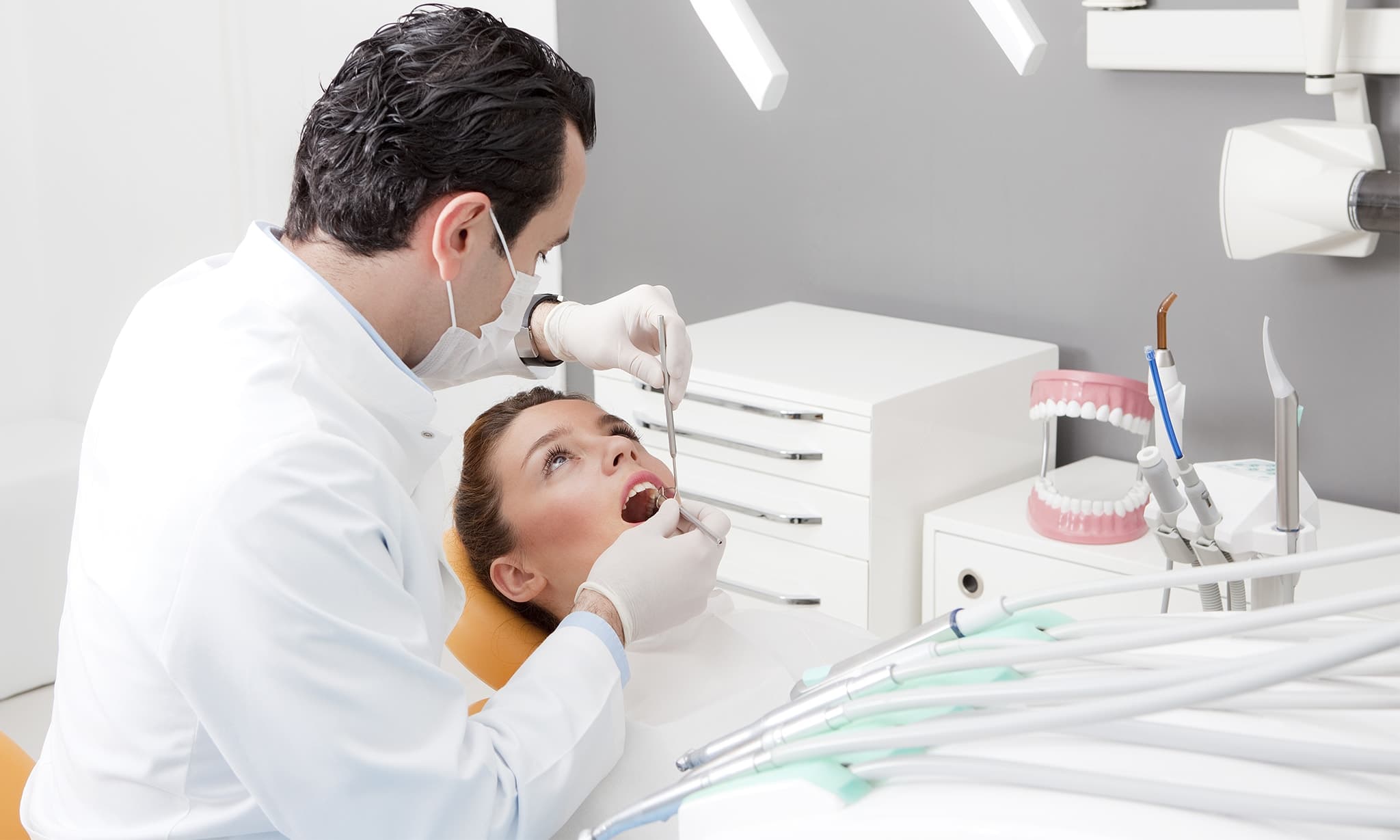Attending a dental clinic can be an essential part of maintaining your mouth health, yet it can also evoke feelings of nervousness for many. Understanding what to expect during your visit can calm those fears and prepare you for a smooth experience. Whether it is your maiden time or a scheduled check-up, knowing the procedure can enhance your visit more comfortable.
As you enter the dentist's office, you will likely be welcomed by a friendly receptionist who will check you in and verify your appointment. After filling out any necessary paperwork, you will be led into the examination room, where the dental team will examine your oral health. From there, you will go through a sequence of procedures that are intended to not only keep your teeth healthy but also to provide a favorable experience during your time at the clinic.
Getting Ready for Your Visit
Prior to going to the dentist's office, it is important to collect any required paperwork and information. This includes your health insurance card, identification, and a list of any medications you are currently taking. If you have past dental records, bringing those along can provide the dentist with valuable insight into your dental history.
Then, consider any particular concerns or questions you may have regarding your oral health. Jotting these down can help make sure that you do not forget to discuss them during your visit. If you are anxious about the appointment, it may be beneficial to try out some relaxation techniques or bring a familiar item with you.
Finally, plan for your visit by scheduling your appointment at a time when you can relax afterward. Arriving early allows you to finish any paperwork without feeling rushed. This preparation can help ease any anxiety and make sure that you make the most of your time at the dental clinic.
What Anticipate In Your Visit
As soon as you reach the oral care clinic, you will first register at the reception. The staff could ask you for your personal information, such as insurance details, so it is helpful to have those documents ready. After checking in, you could be asked to fill out a medical history form, which lets the dentist to evaluate your overall health and any specific dental concerns you could have.
After your paperwork is complete, you will be escorted to the treatment area. The dental assistant will guide you, give a comfortable chair, and might take some initial diagnostic images, such as X-rays. This is an essential part of the visit, as it helps the dentist determine your dental health and identify any issues that should be addressed. citydent.lt will have the chance to talk about any symptoms or questions you may have at this time.
Following the preliminary steps, the dentist will enter to conduct a thorough examination. This usually includes inspecting your teeth and gums, checking for cavities, and reviewing your overall oral hygiene. Depending on the findings, the dentist might advise treatments or preventive care, such as cleanings, fillings, or further imaging. Be sure to pose any questions during this time; the dentist is there to support you grasp your dental health better.
Post-Appointment Care
Following your visit to the dentist's office, it may be crucial to adhere to some easy care guidelines to ensure your oral health remains in good condition. If you had any dental treatments such as fillings or tooth removals, you might feel some discomfort or sensitivity. Over-the-counter pain relievers can help relieve any discomfort. Make sure to follow any specific instructions your dentist gives, especially regarding medications and recovery.
Maintaining good oral hygiene is vital after your appointment. Continue cleaning and using dental floss your teeth regularly, but be gentle around any treated areas. If you've had a procedure that requires special care, such as steering clear of certain diets or using a specific mouth rinse, make sure to follow these guidelines to promote recovery and prevent infection.
Finally, keep an eye on your healing journey. If you detect any unusual symptoms, like prolonged pain, swelling, or bleeding, reach out to your dental clinic for guidance. It’s also a good time to schedule your follow-up check-up if you have not done so yet, ensuring that your dental health remains on course.

